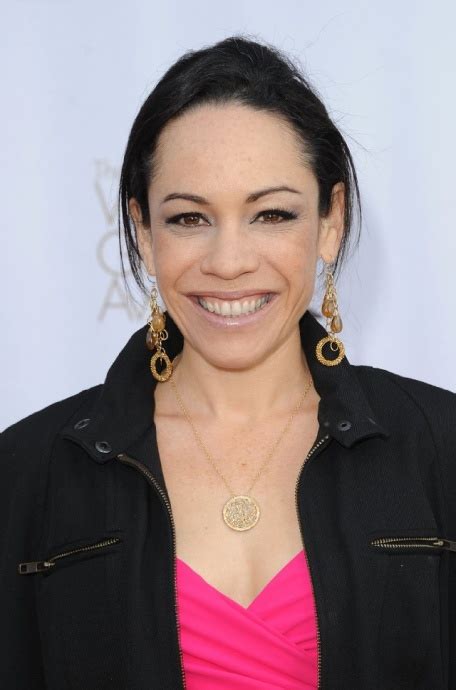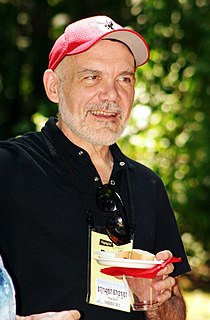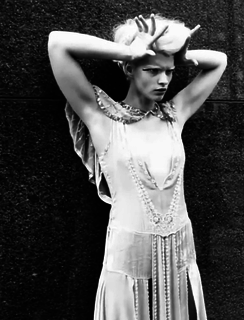A Quote by Kaui Hart Hemmings
The beauty of cinema is that it can do some things that novels just can't.
Related Quotes
Just look at the cinema itself: It's comprised of lots of movies about graphic novels, and if you're not 20 years old and wearing a cape and a mask and white, you're out of business. Today's cinema is a proliferation of comedies, which are in some ways creating caricature images. They're one-dimensional.
The structure of my novels has nothing to do with the narrative mode of cinema. My novels would be very difficult to film without ruining them completely. I think this is the area where writers need to place ourselves: from a position of absolute modernity and contemporaneity, creating a culture of objects which cinema cannot.
The difference does not lie in the things that news does that novels do not do, but in the things that novels do that news cannot do. In other words, this basic technique of news - just one among many - is something a novel can use, but a novel can deploy a multitude of other techniques also. Novels are not bound by the rules of reportage. Far from it. They're predicated on delivering experience.
It's so hard to give beauty a meaning. I actually find quite a lot of beauty in really painful things. Really grotesque things. Things that are disturbing. I think as you go and as you see things in the world, your idea of beauty expands and I think I'm lucky because I've been exposed to so many different types of beauty and I've realized that any feeling you cherish is beautiful.



































